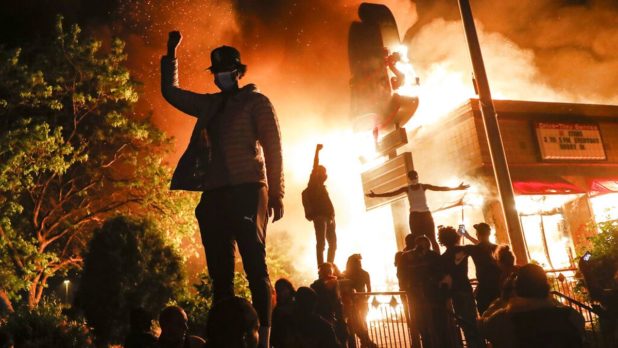Remember when people could be around each other?
We know that coronavirus is about as dangerous as the flu and that the lockdown did not help stop the spread, but the government insists on continuing to force the house arrest lifestyle down people’s throats.
As it is clear that our rulers are not interested in our well-being, we can speculate about what their true motives are, and this study offers an interesting perspective.
Neural activity in our brain can show whether we are experiencing loneliness, scientists say.
US researchers claim sociable people show similar ‘stamps’ of brain activity when they think about themselves and their friends.
In comparison, brain activity in lonely people is more skewed, leading to more dissimilar activity patterns when they think about themselves and others.
…
‘If we had a stamp of neural activity that reflected your self-representation and one that reflected that of people whom you are close to, for most of us, our stamps of neural activity would look pretty similar,‘ said senior author Meghan L. Meyer, assistant professor at the Dartmouth Social Neuroscience Lab in Hanover, New Hampshire.
‘Yet, for lonelier people, the neural activity was really differentiated from that of other people.’
…
The brain seemed to cluster people into three different categories – oneself, one’s own social network and well-known people, like celebrities.
The closer participants felt to someone, the more their brain activity patterns resembled the pattern seen when they thought of themselves, which scientists labelled the ‘self-other’ overlap.
Brains of ‘sociable’ people – those with greater subjective closeness – also had greater similarities between themselves and a close friend than with a celebrity.
Lonely people, with less subjective closeness, showed less neural similarity between themselves and others in the MPFC patterns.
In other words, the lonelier people were, the less similar their brain looked when they thought about themselves and others.
The ‘lonely’ brain was also less able to differentiate between people across the different social categories – for example, it saw less difference between themselves and a close friend than with a celebrity, compared to the sociable person.
‘It’s almost as if you have a specific constellation of neural activity that is activated when you think about yourself, and when you think about your friends, much of the same constellation is recruited,’ said Professor Meyer.
‘If you are lonely though, you activate a fairly different constellation when you think about others than when you think about yourself.
‘It’s as though your brain’s representation of yourself is more disconnected from other people, which is consistent with how lonely people say they feel.’
There’s no doubt that the lockdown is rewiring people’s brains. Everyone has been forced into loneliness and stripped of basic rights.
Following the results of this study, we could presume that making people lonelier hampers their ability to feel empathy or a sense of belonging — a sense of community — and, consequently, could increase apathy towards “the other.” Ruling over balkanized people from behind the scenes is easier than trying to manipulate your way into power over people with a strong sense of community.
When everyone is against everyone, outsiders can operate unnoticed, because everyone’s an outsider to everyone else.
All of the apparently senseless events happening now appear to be a massive conditioning operation to “prepare” people to accept what’s coming next.



